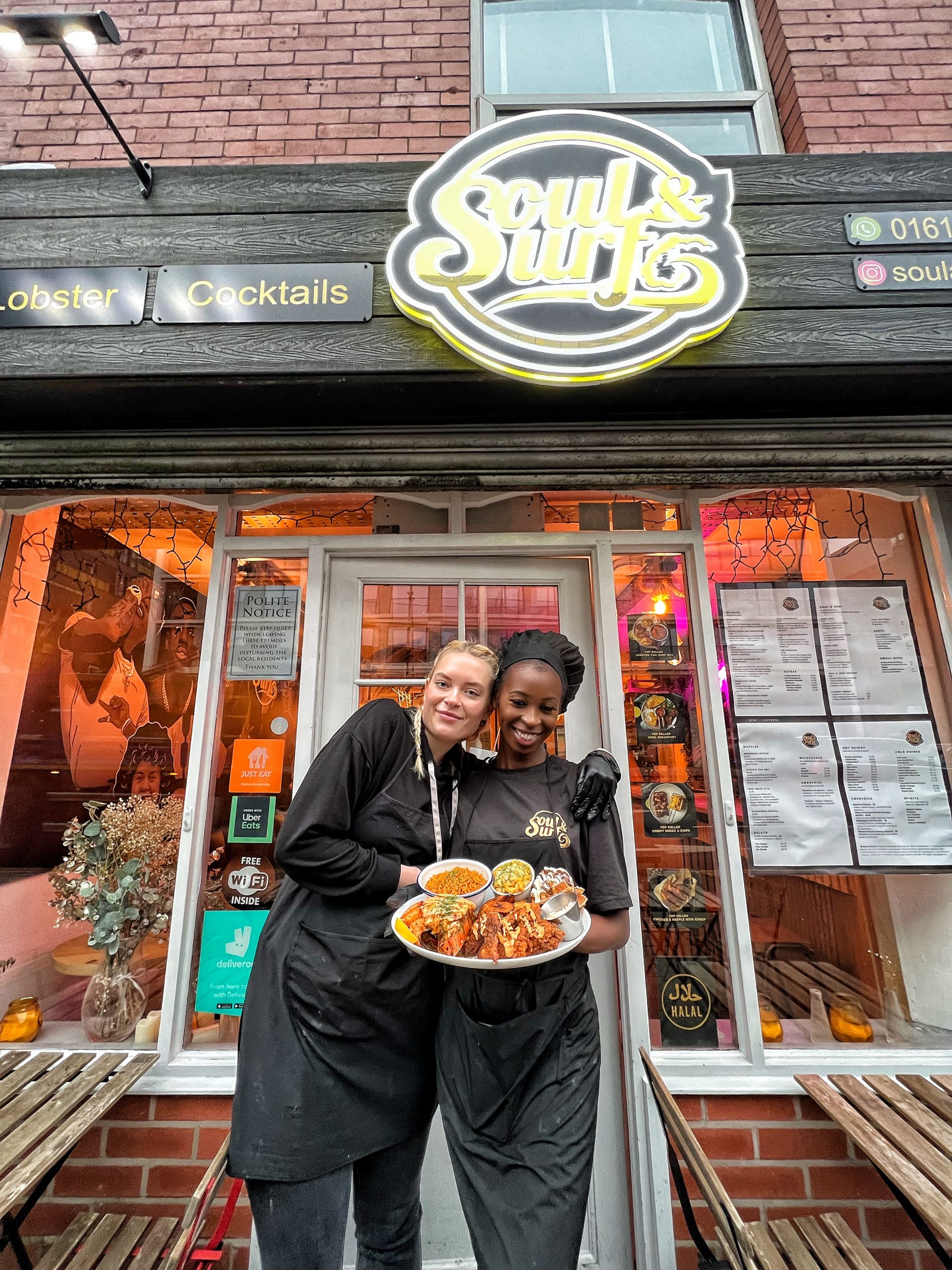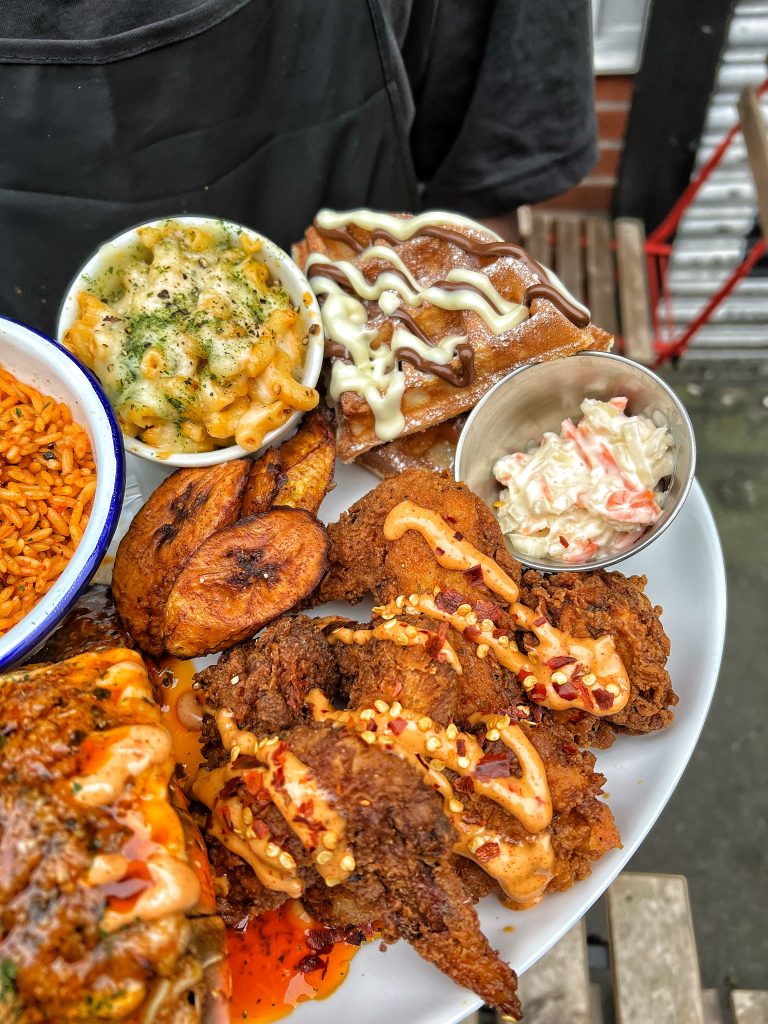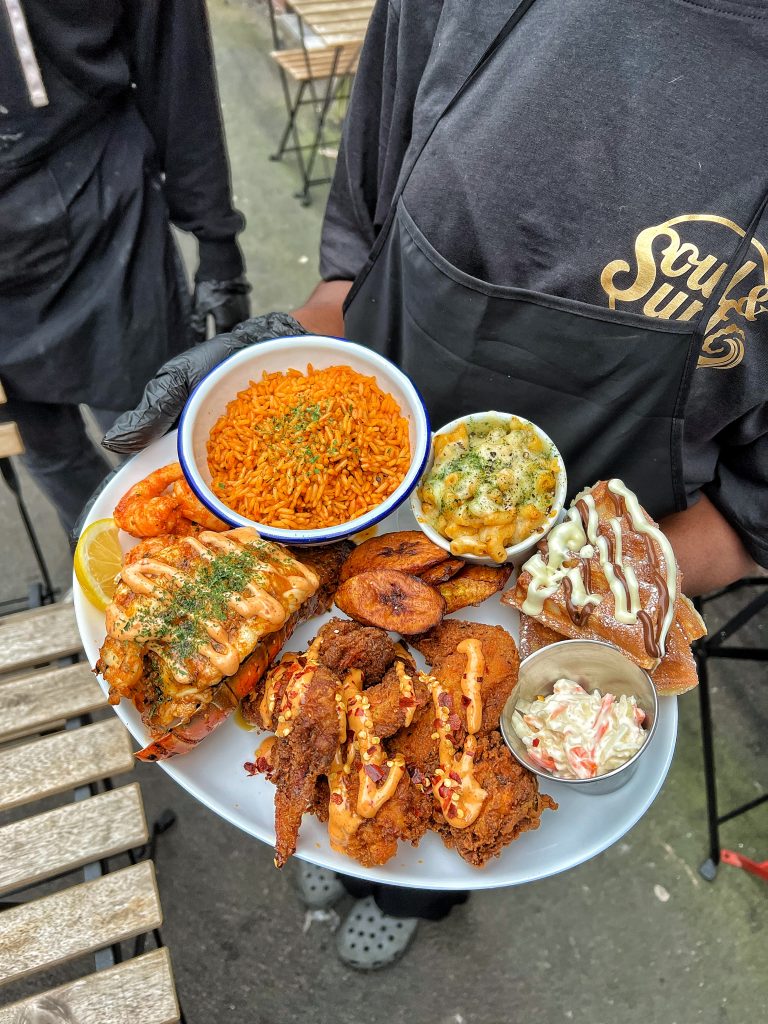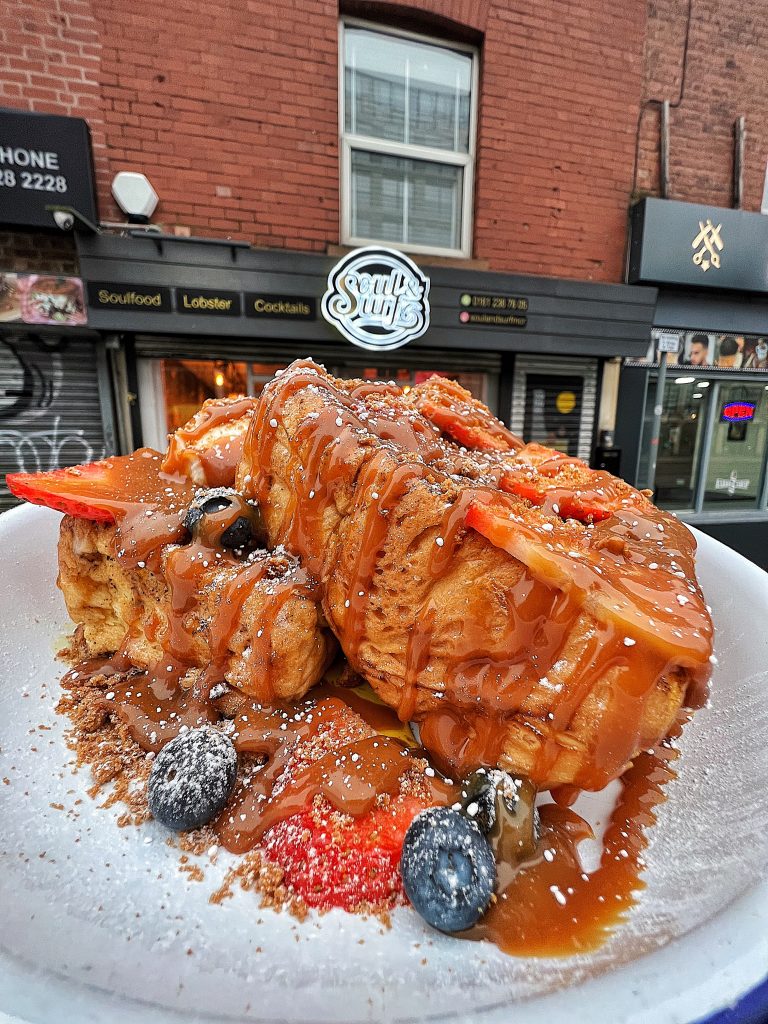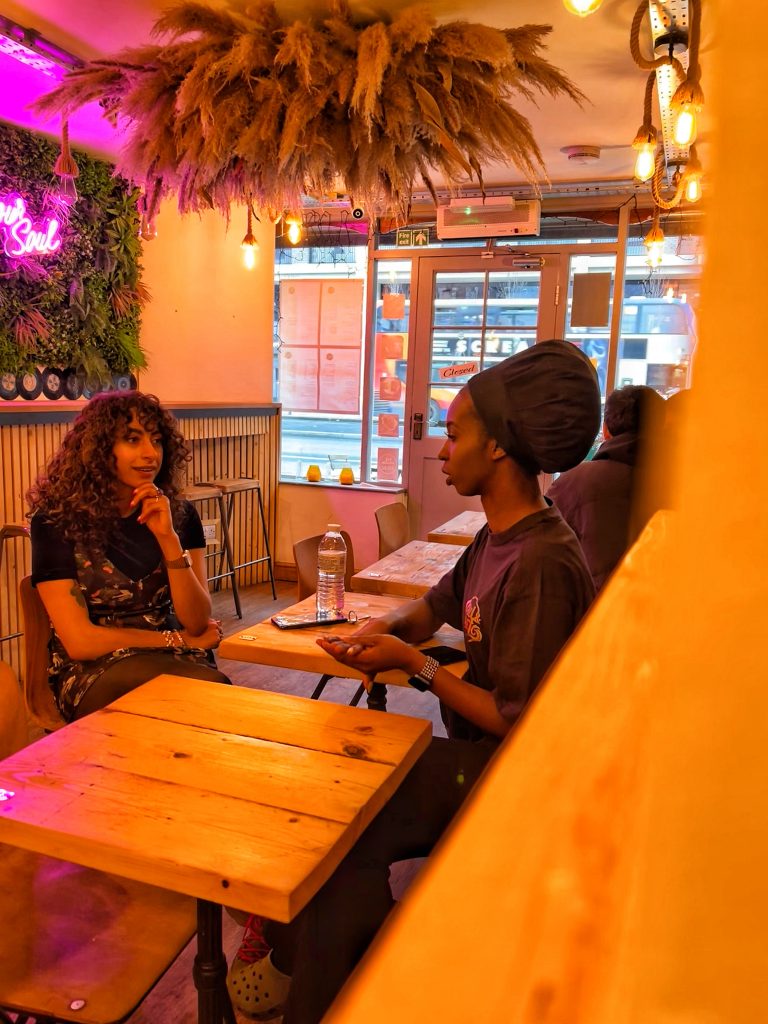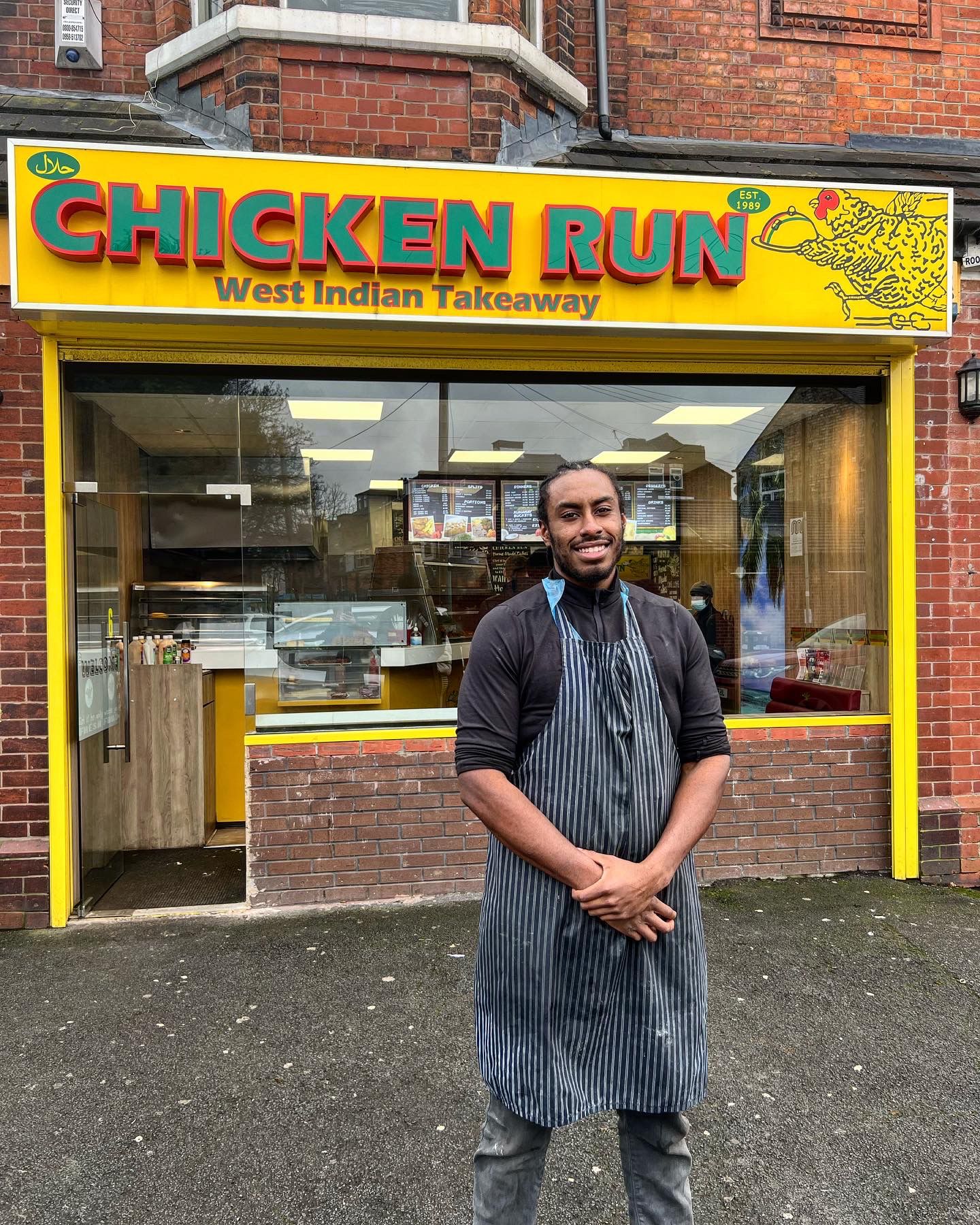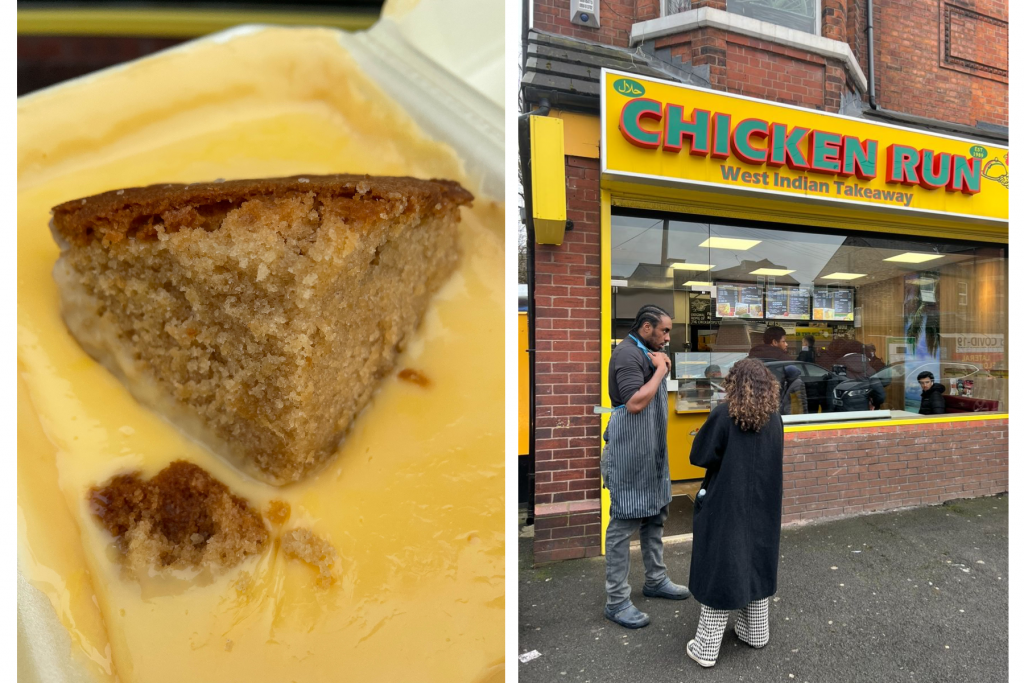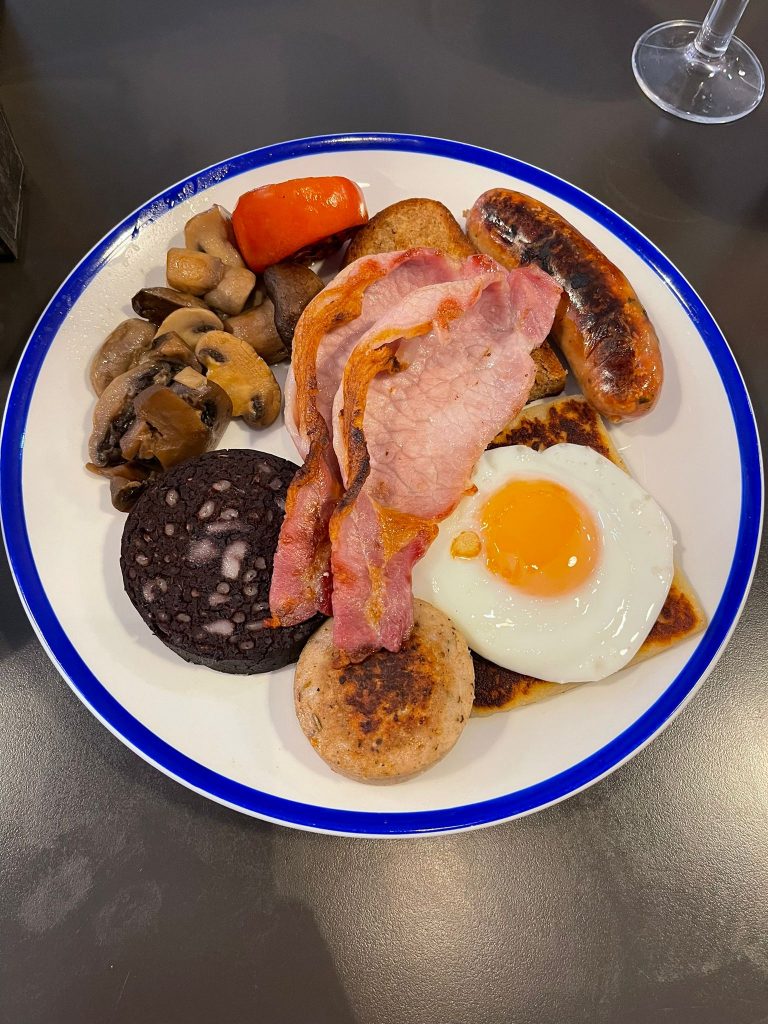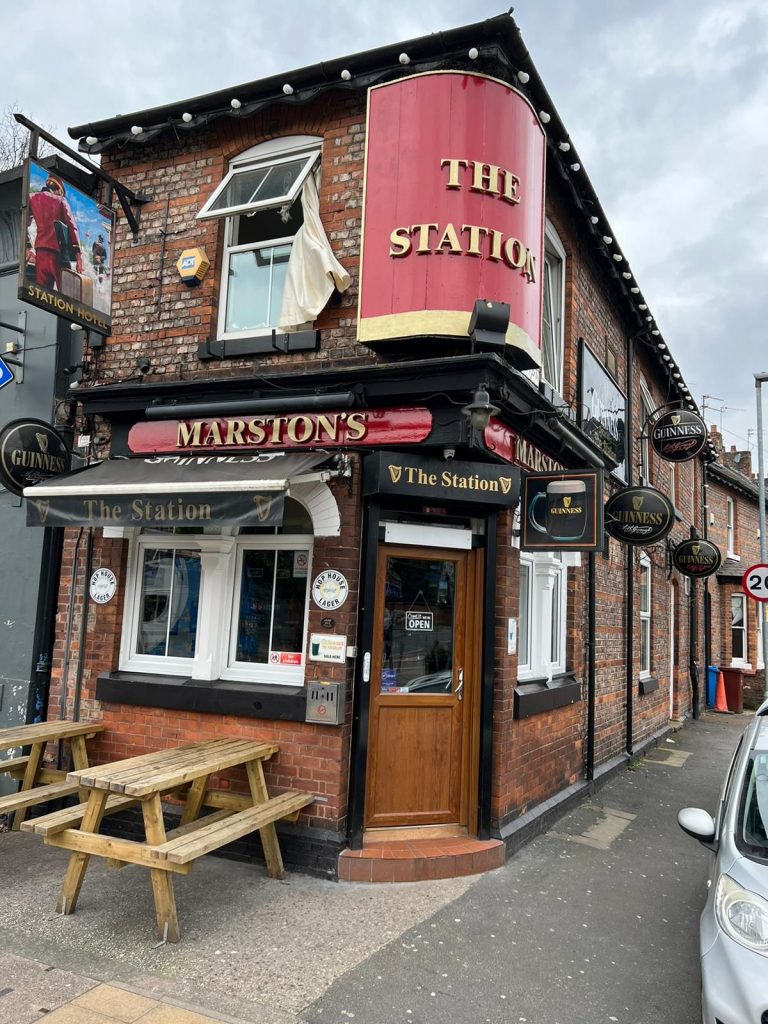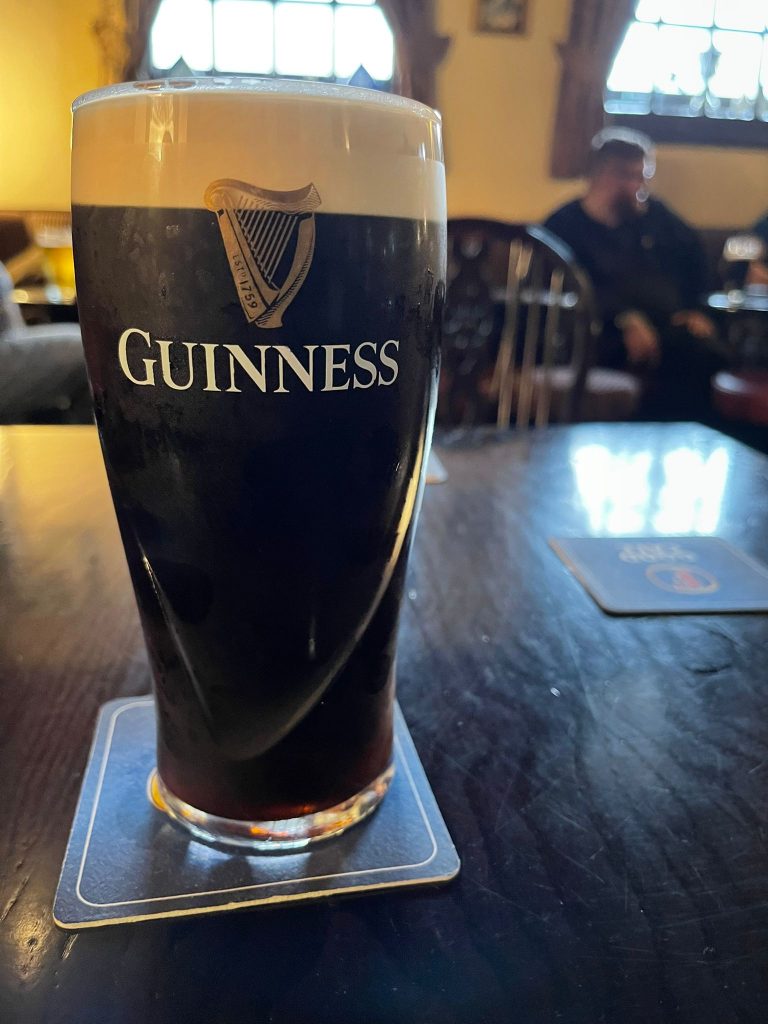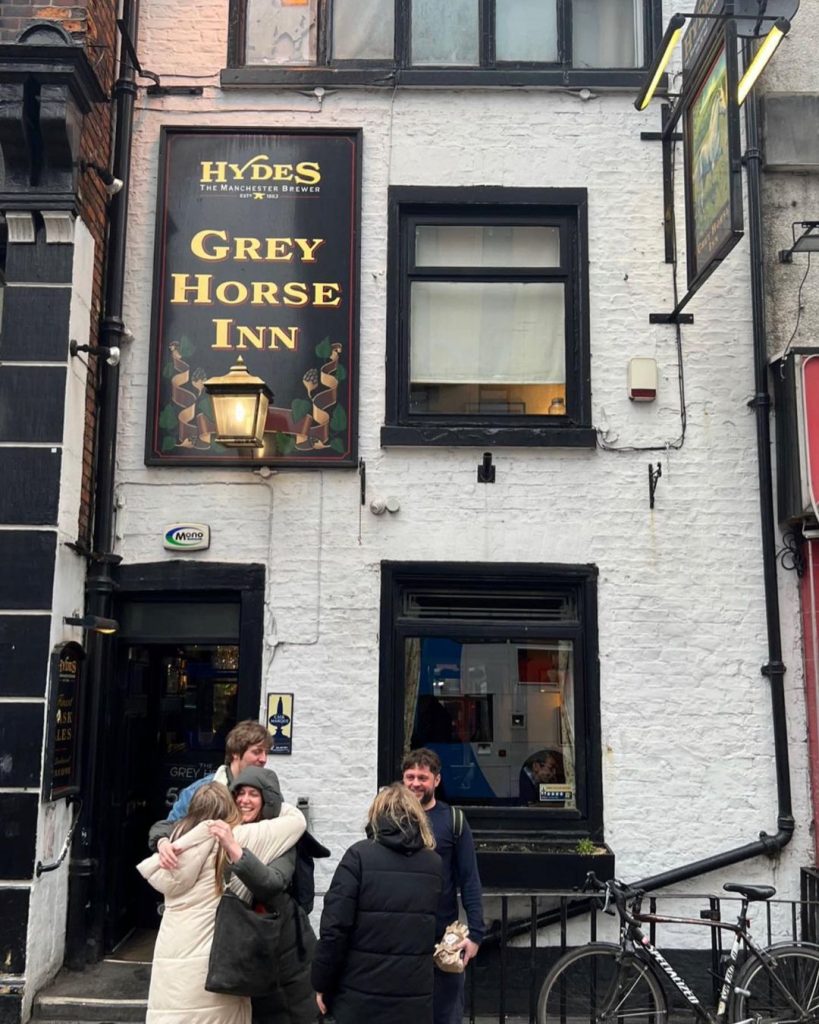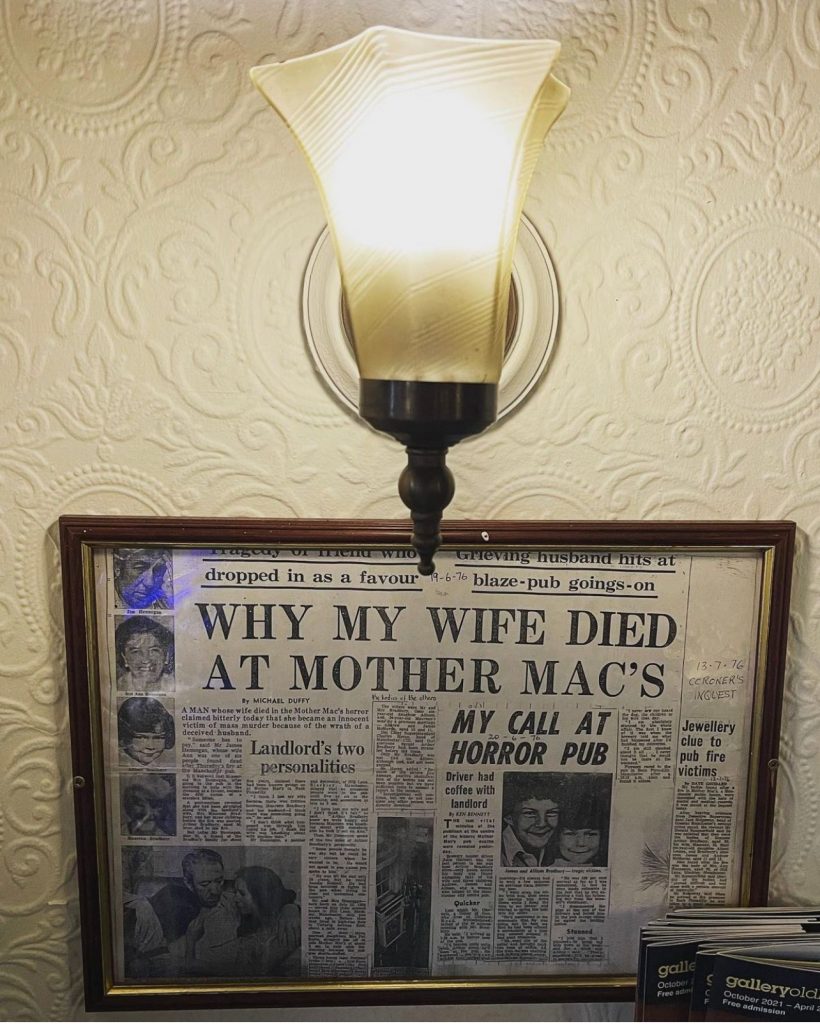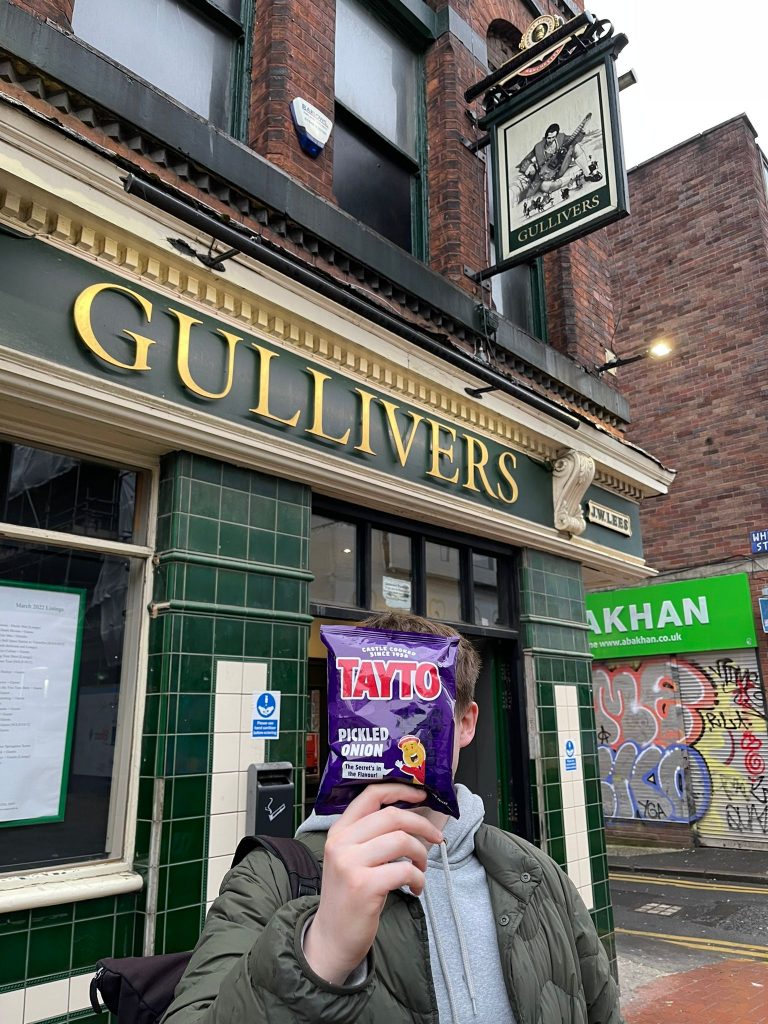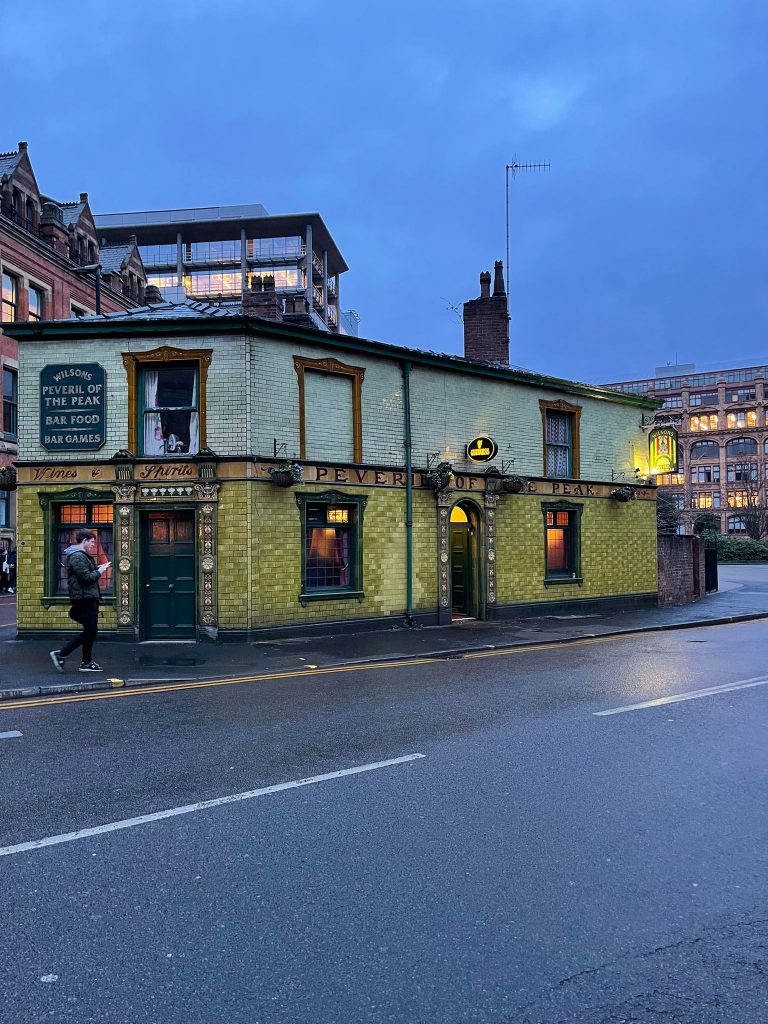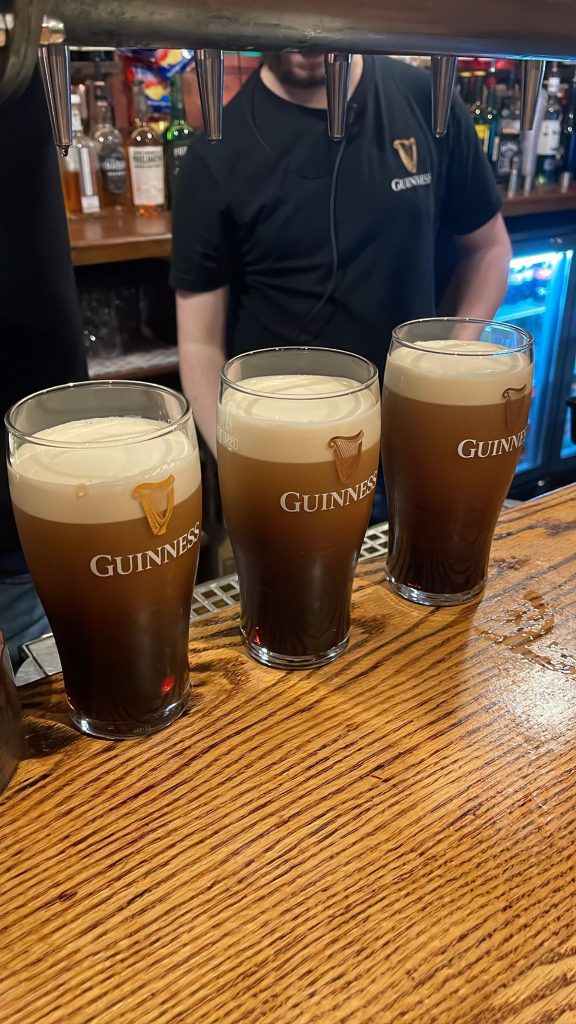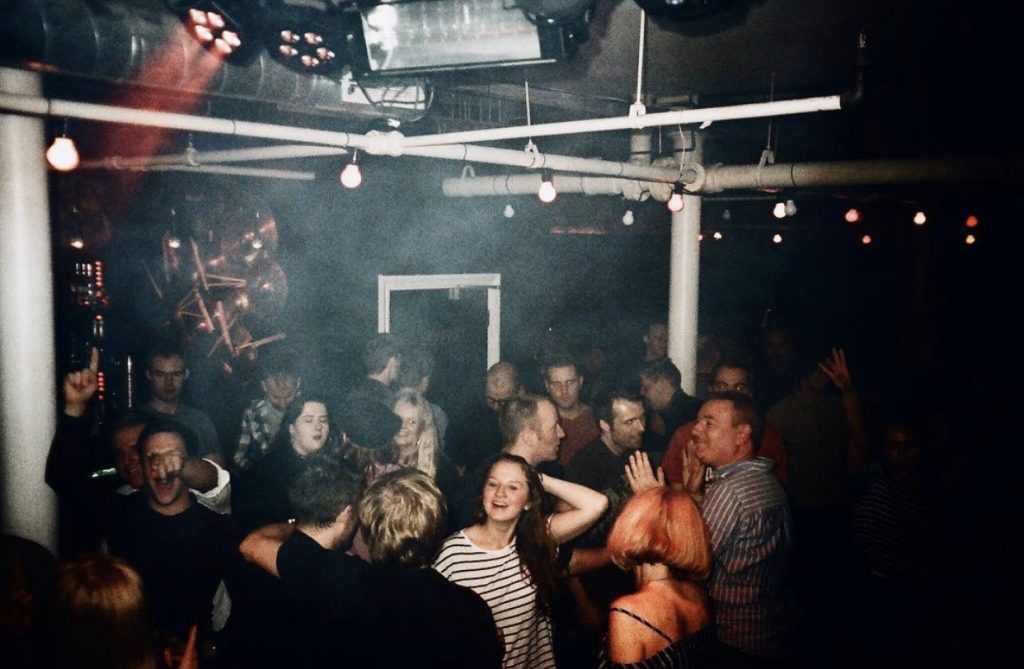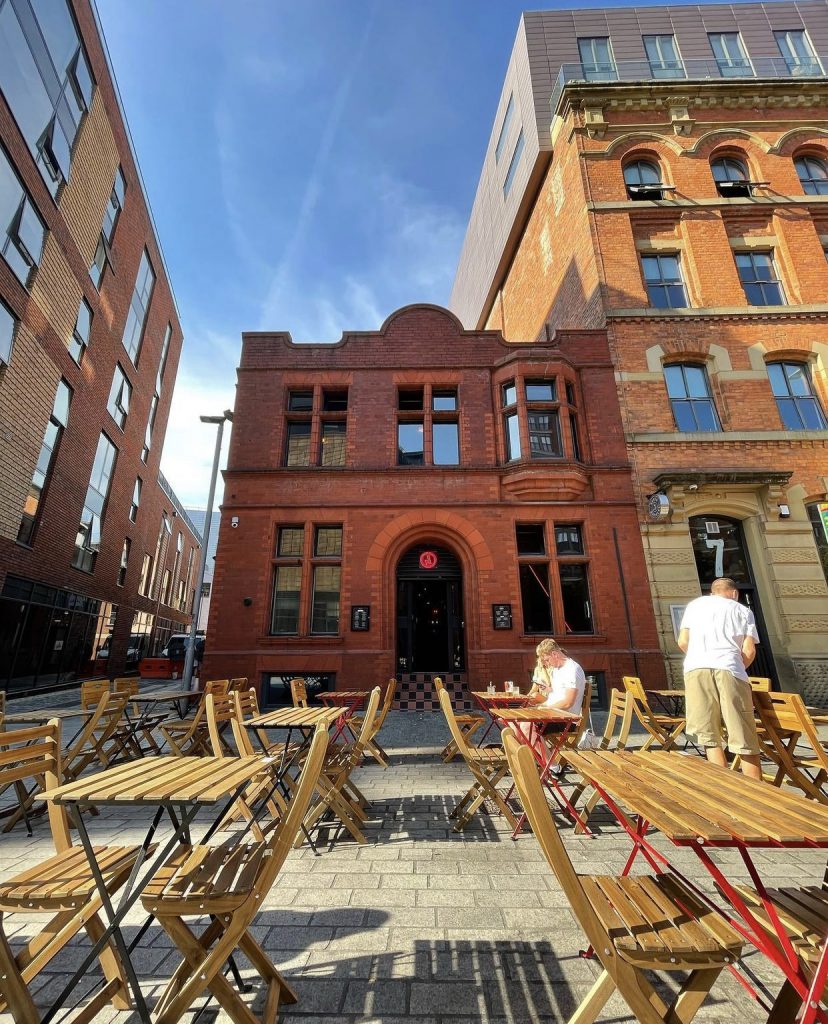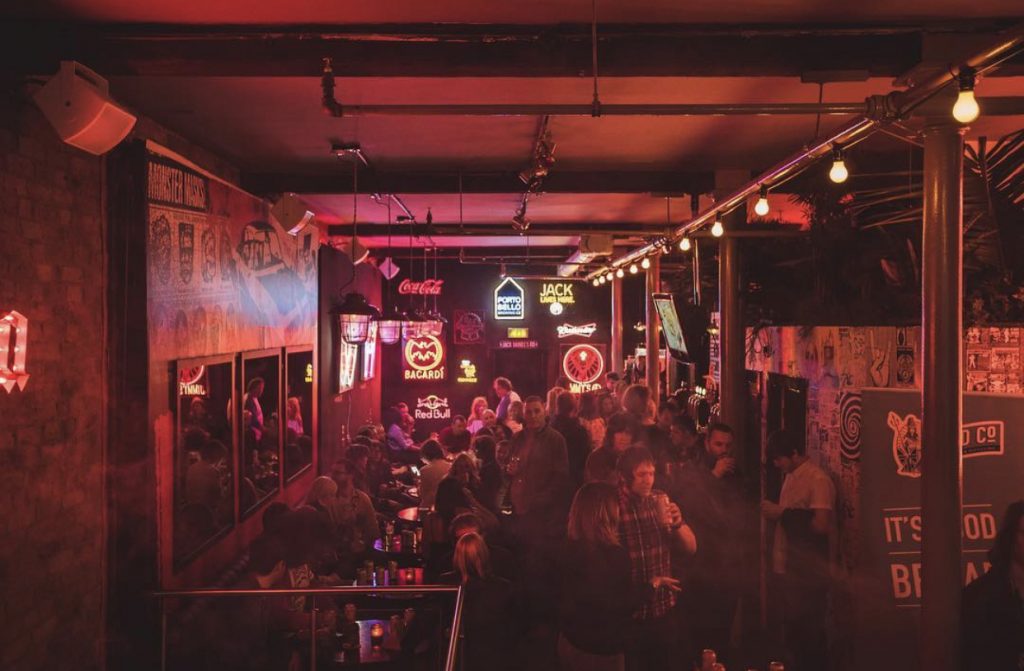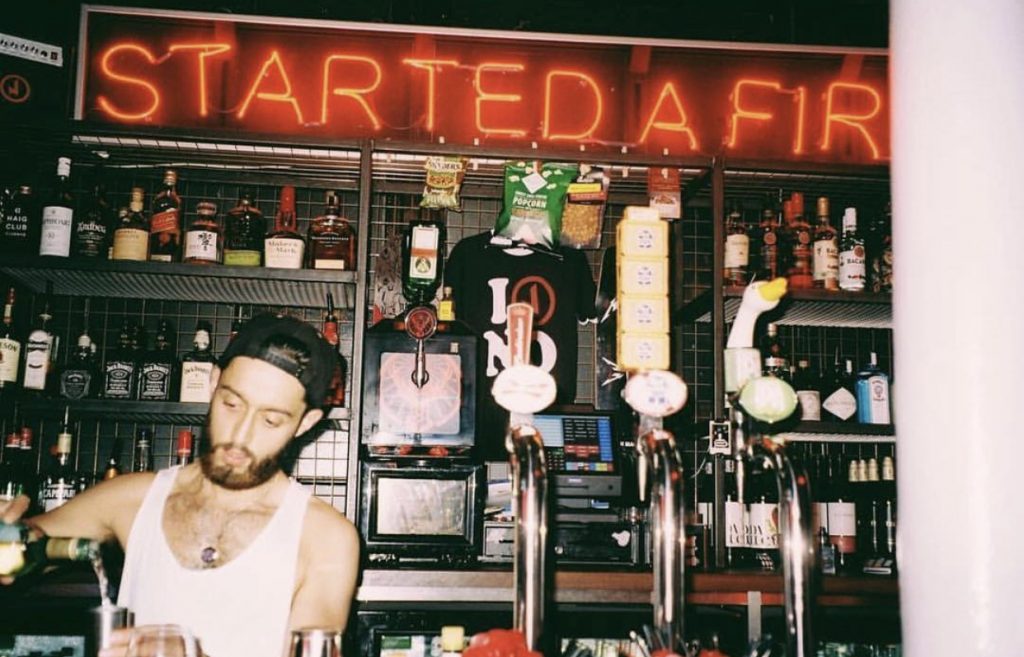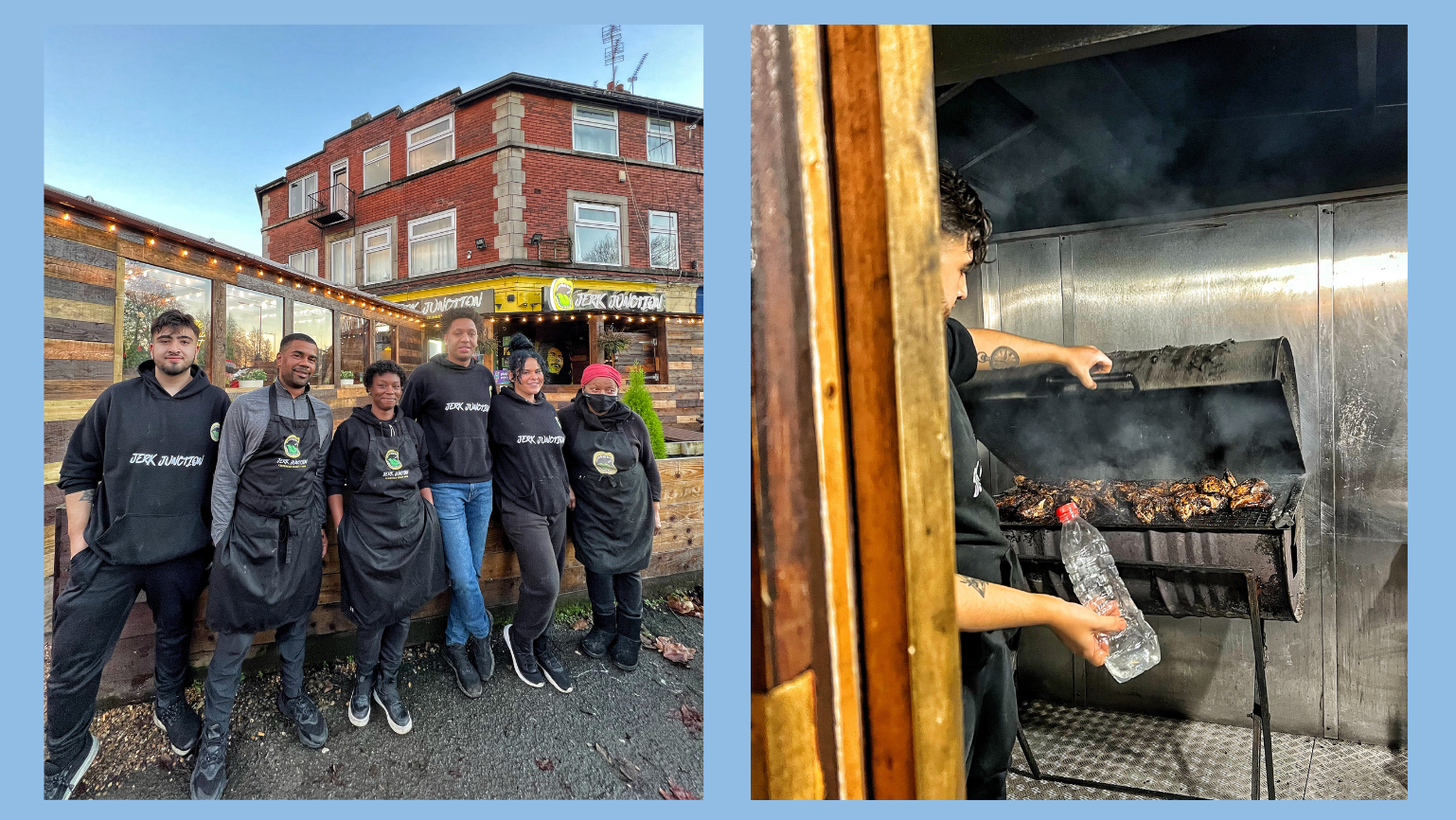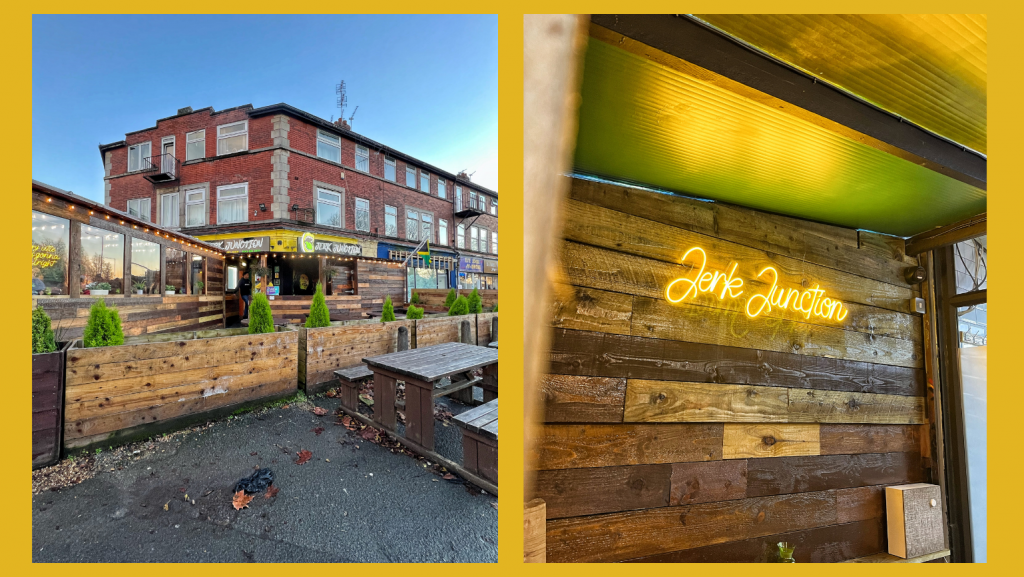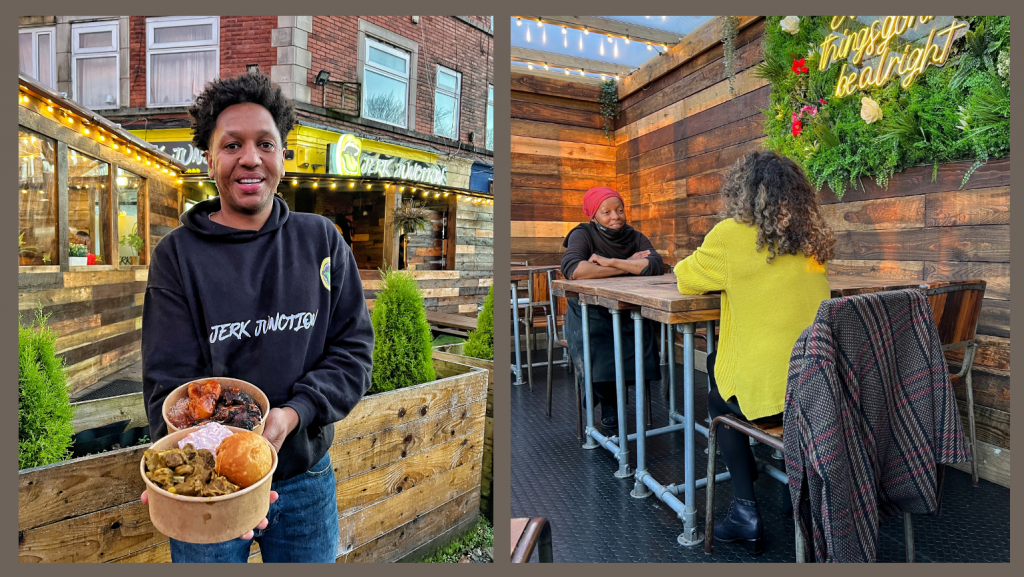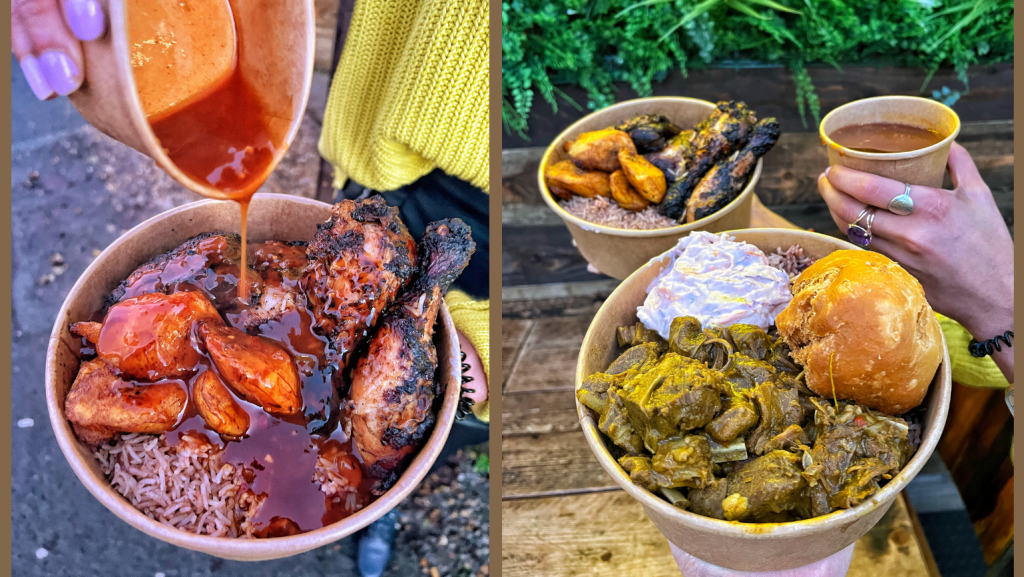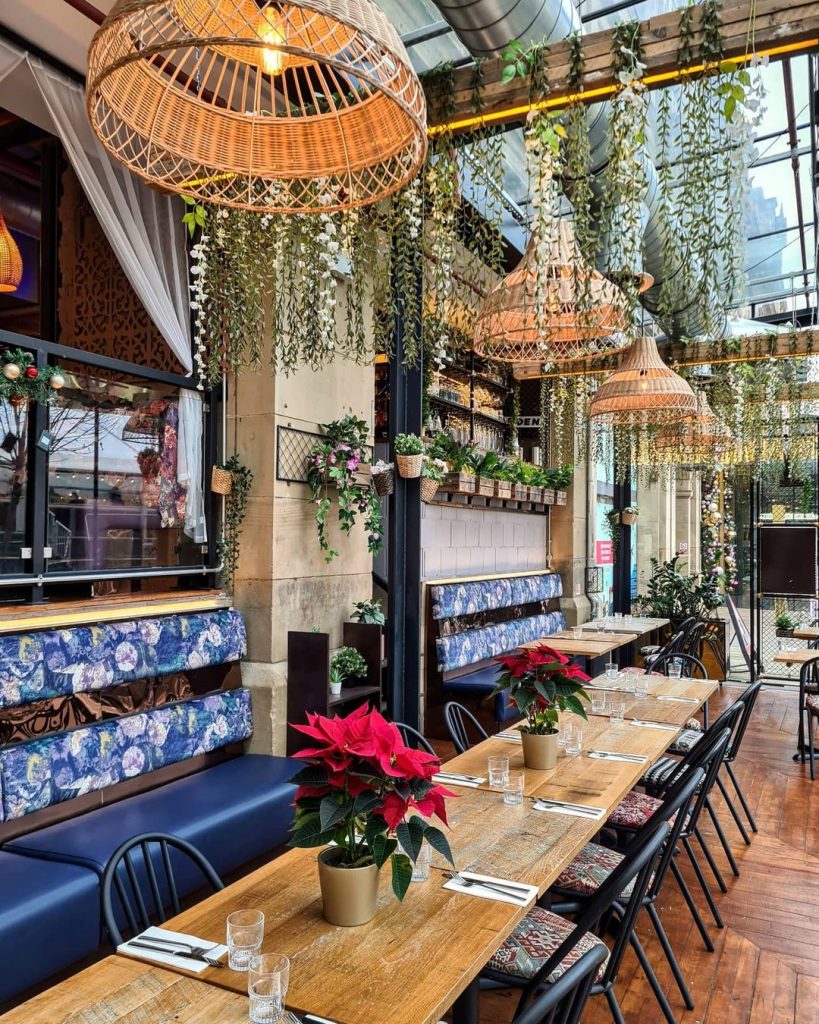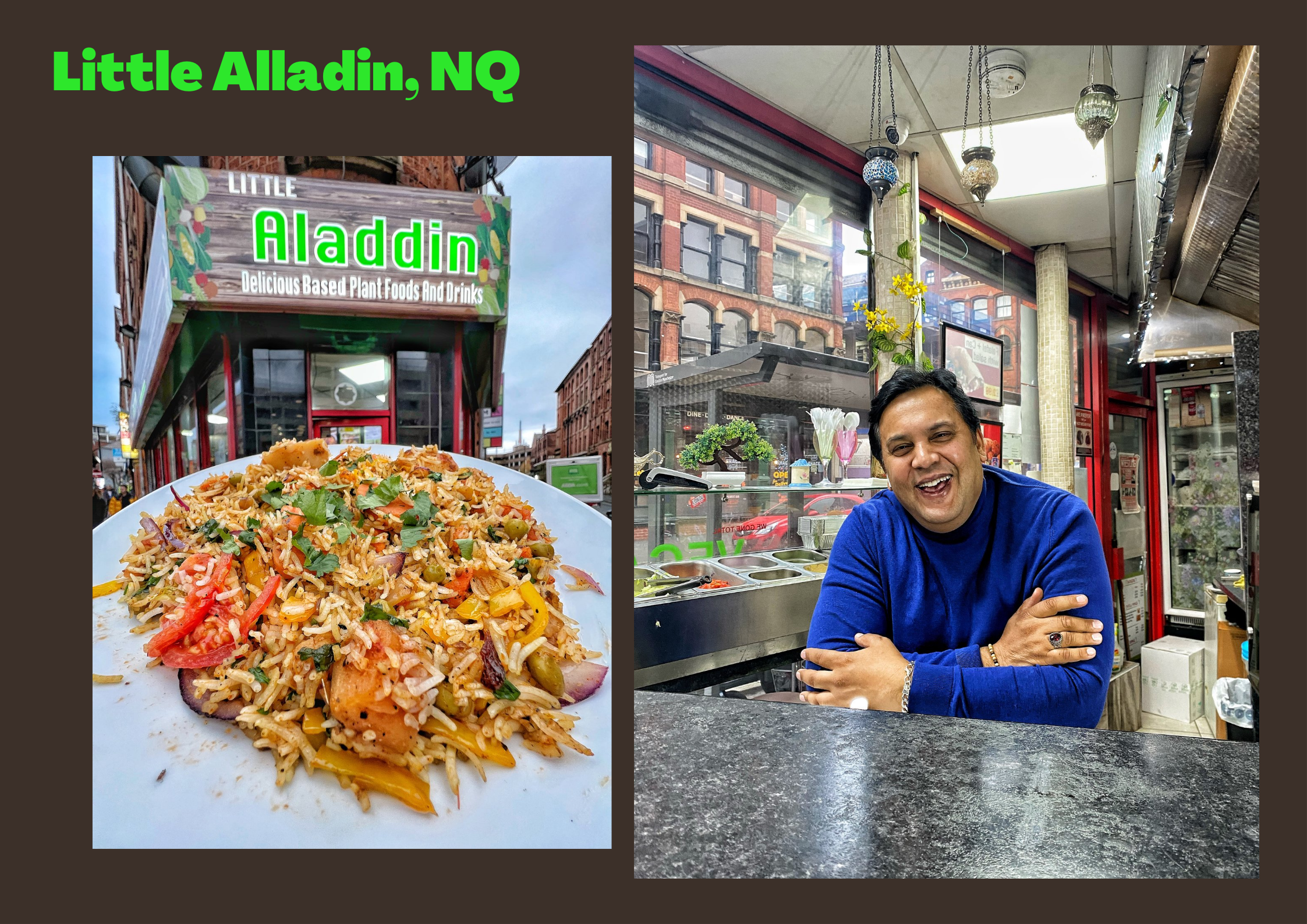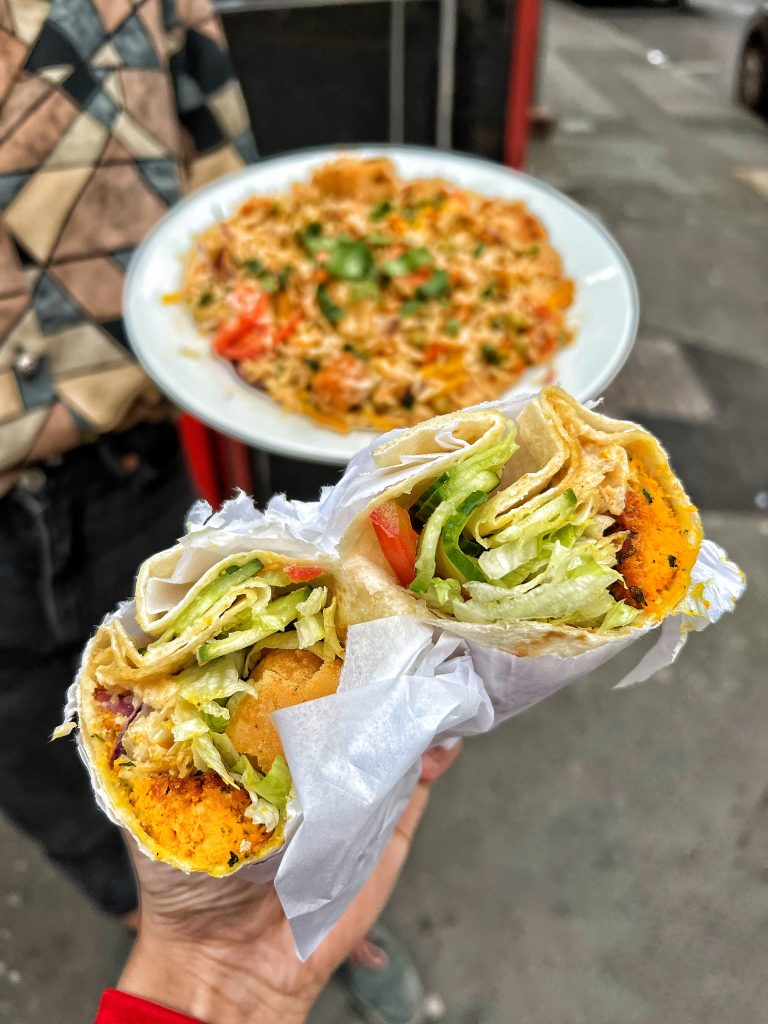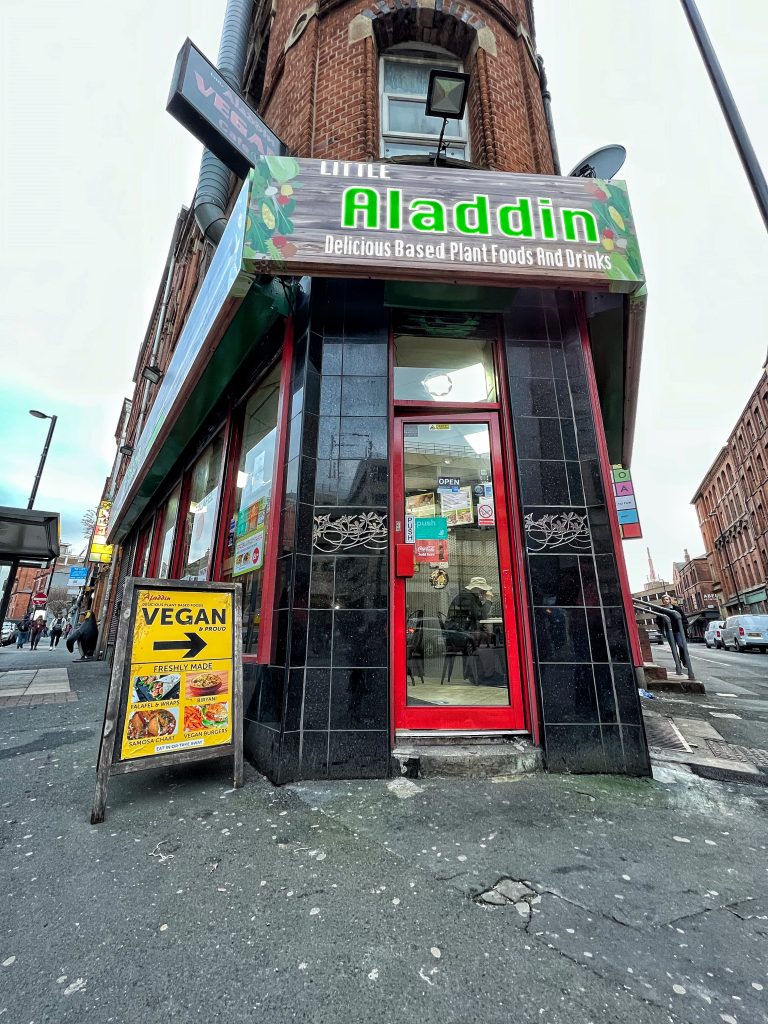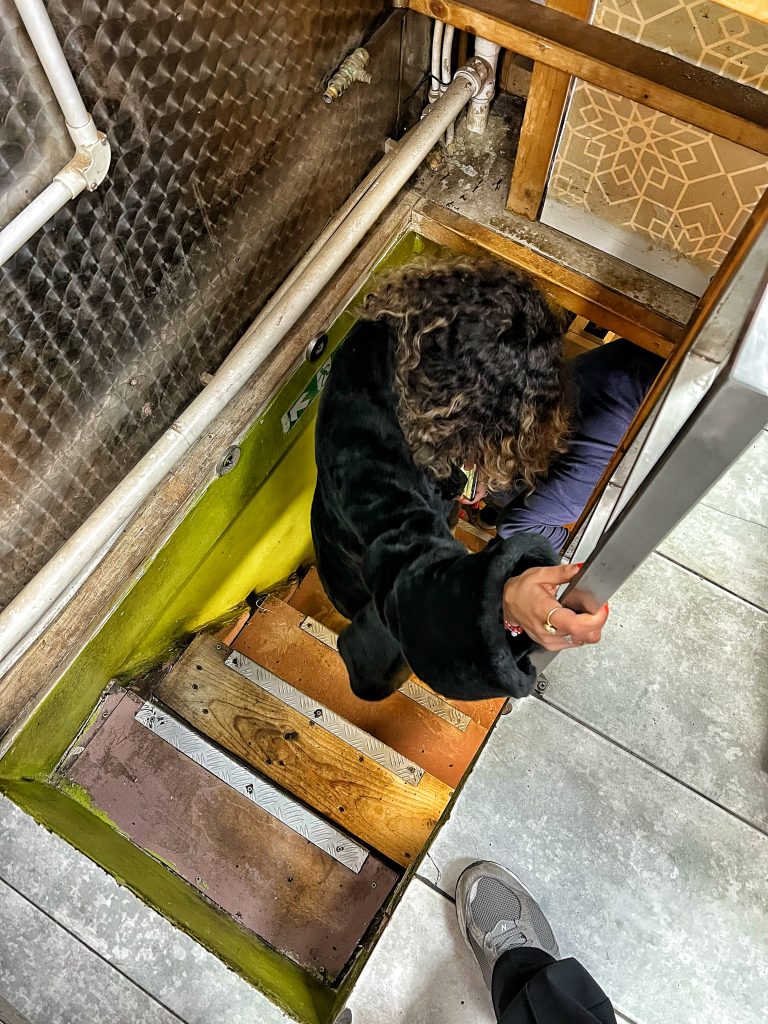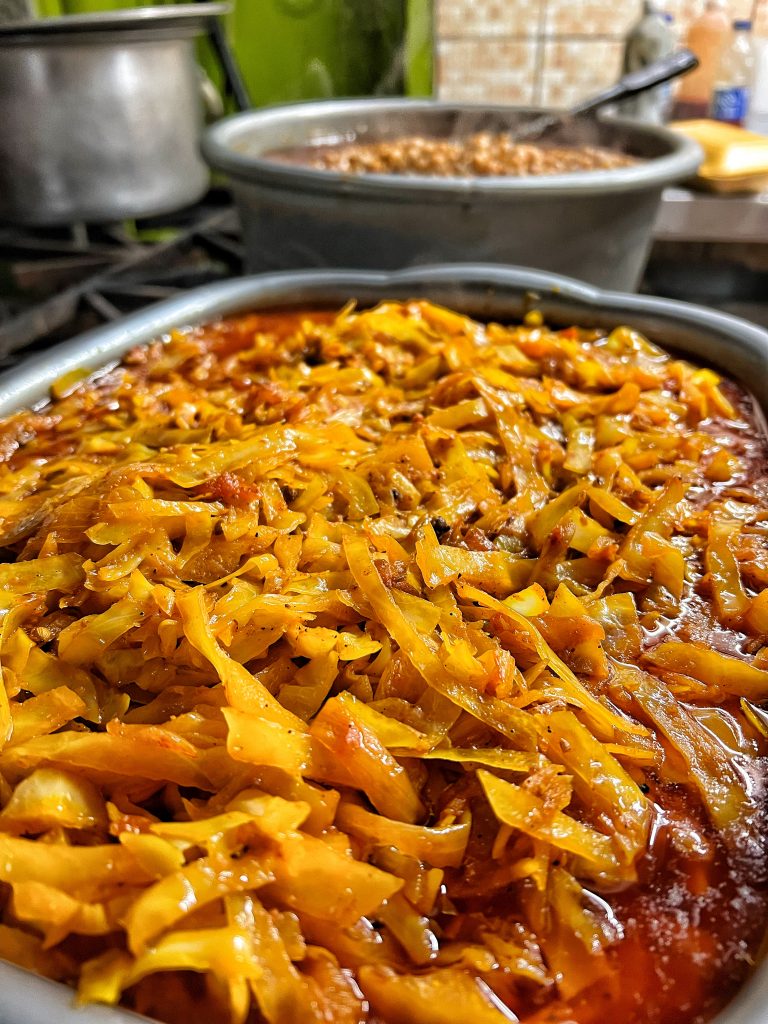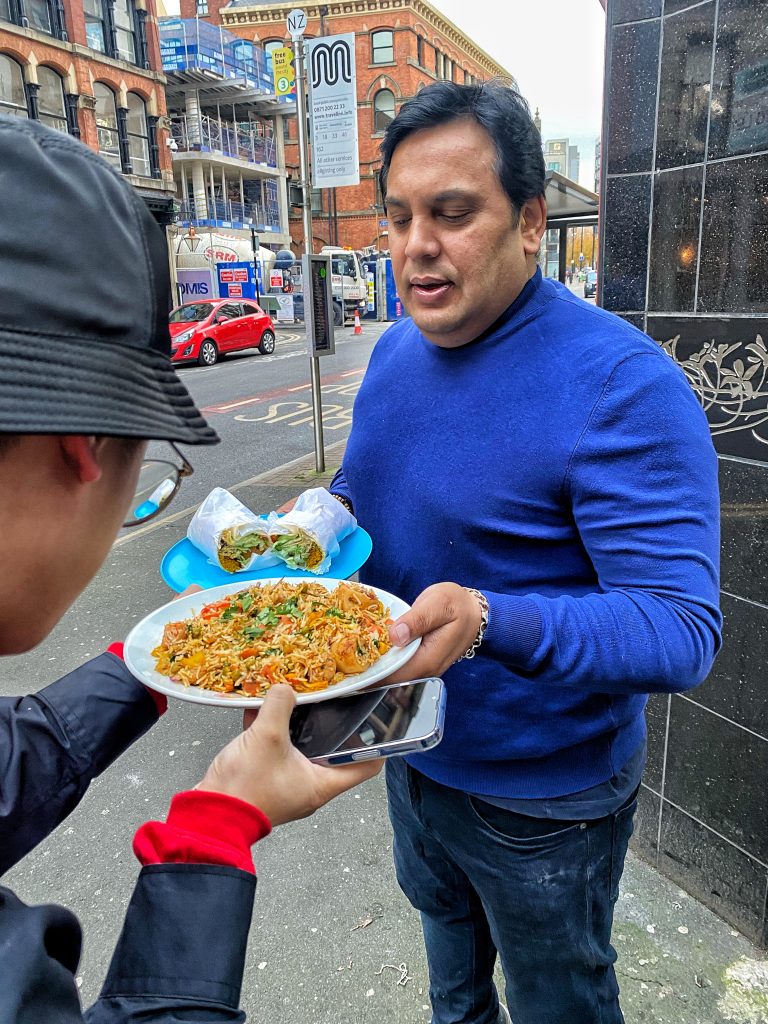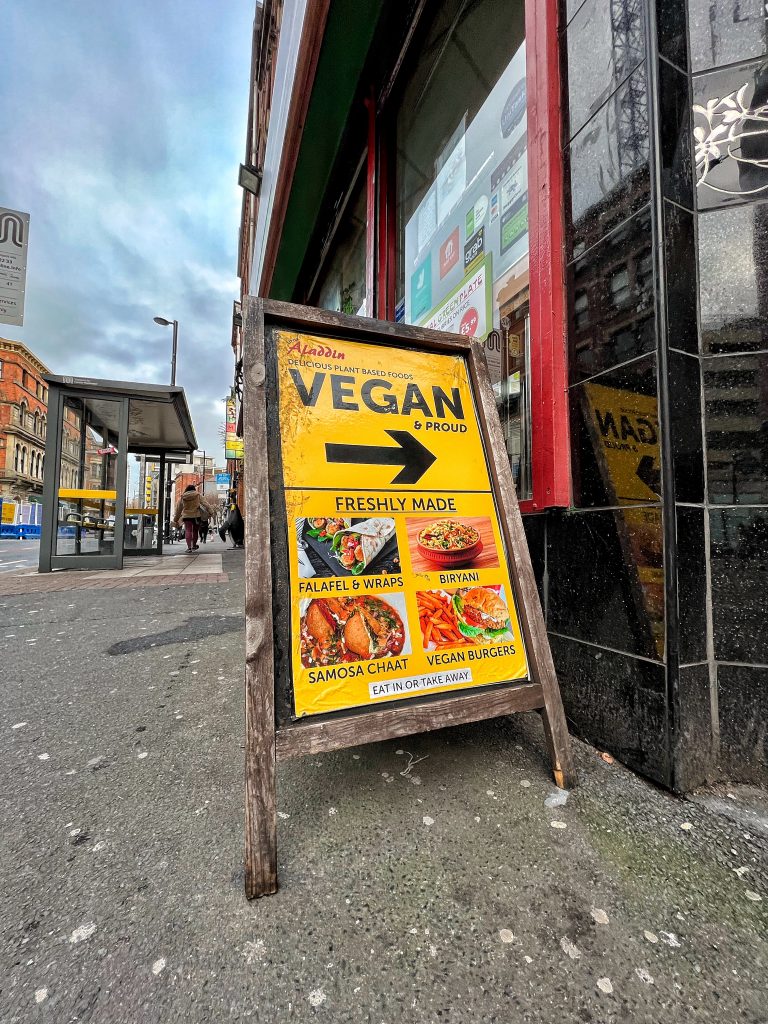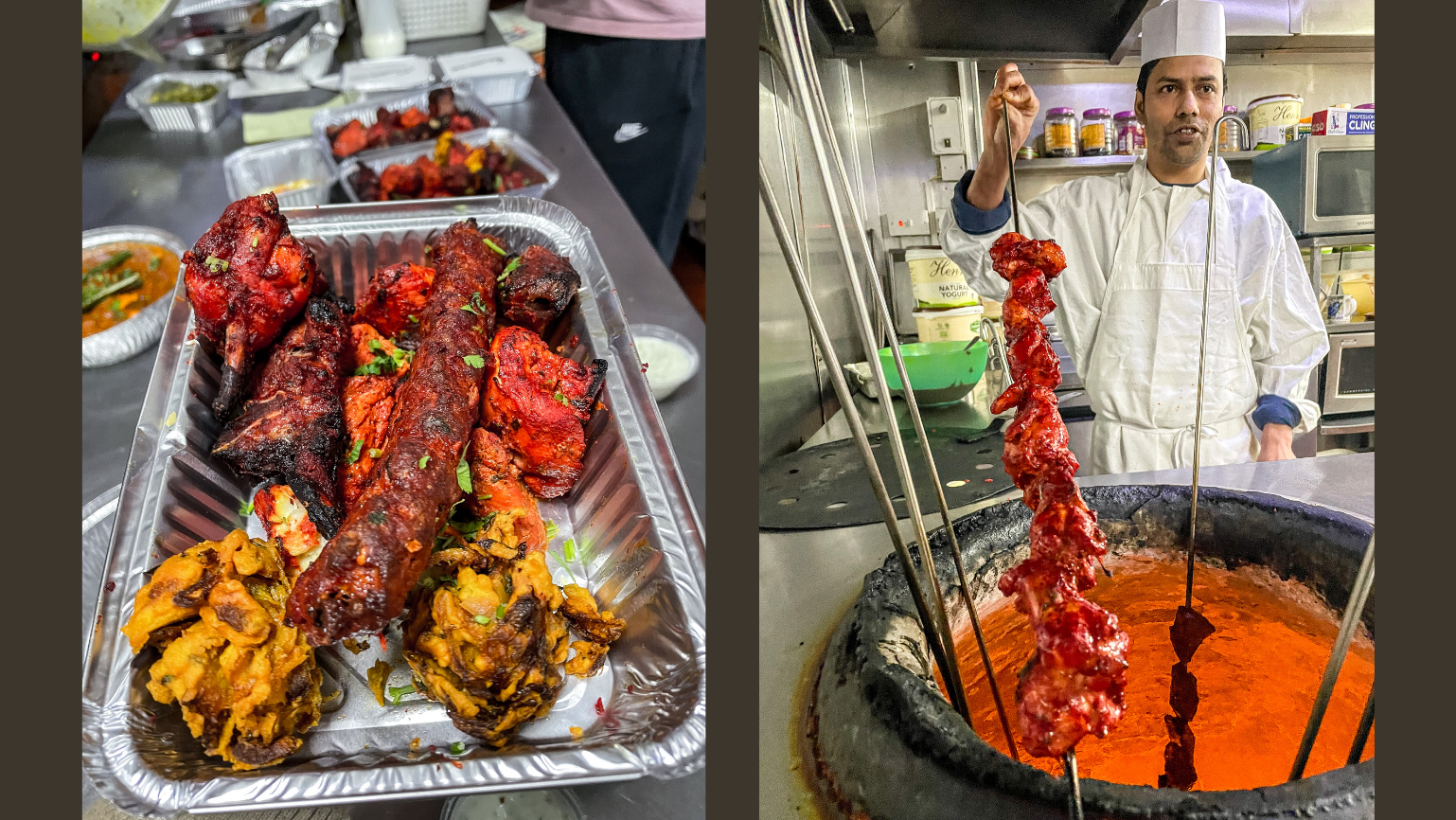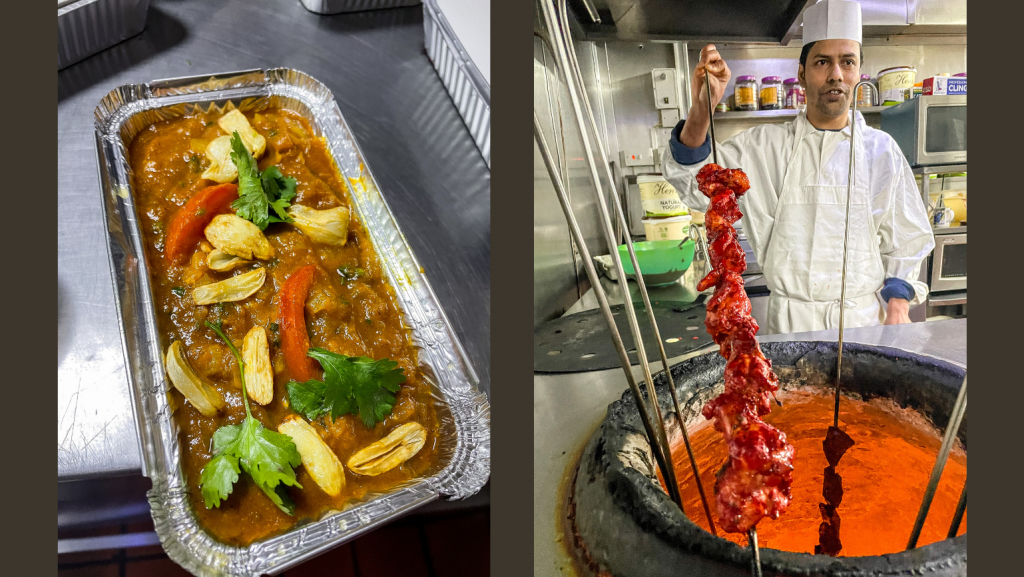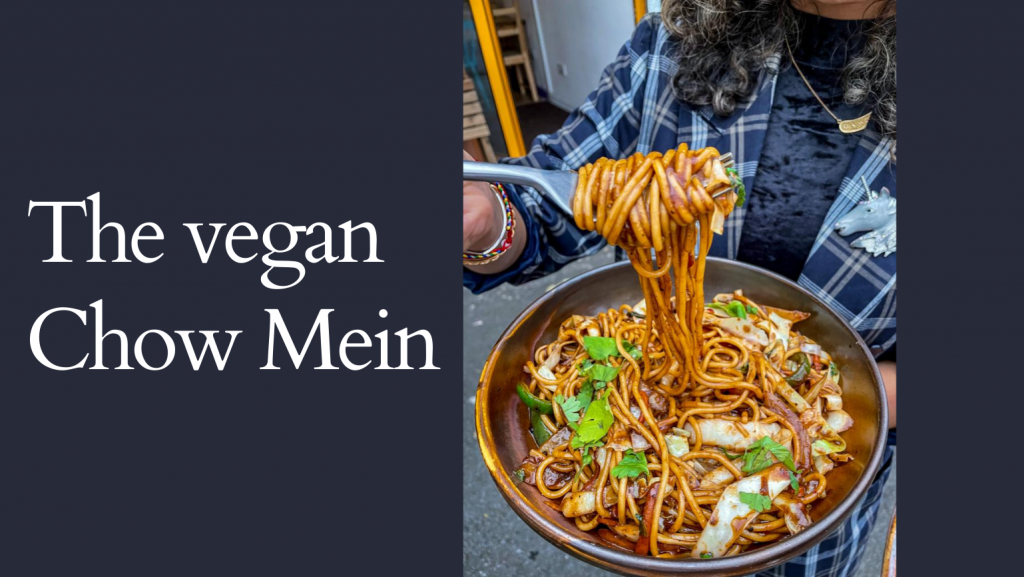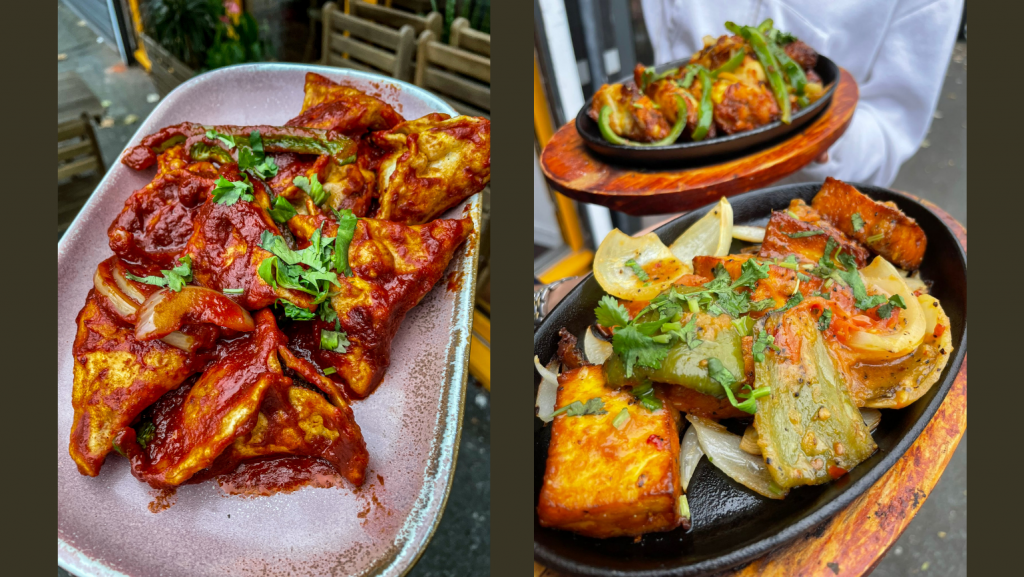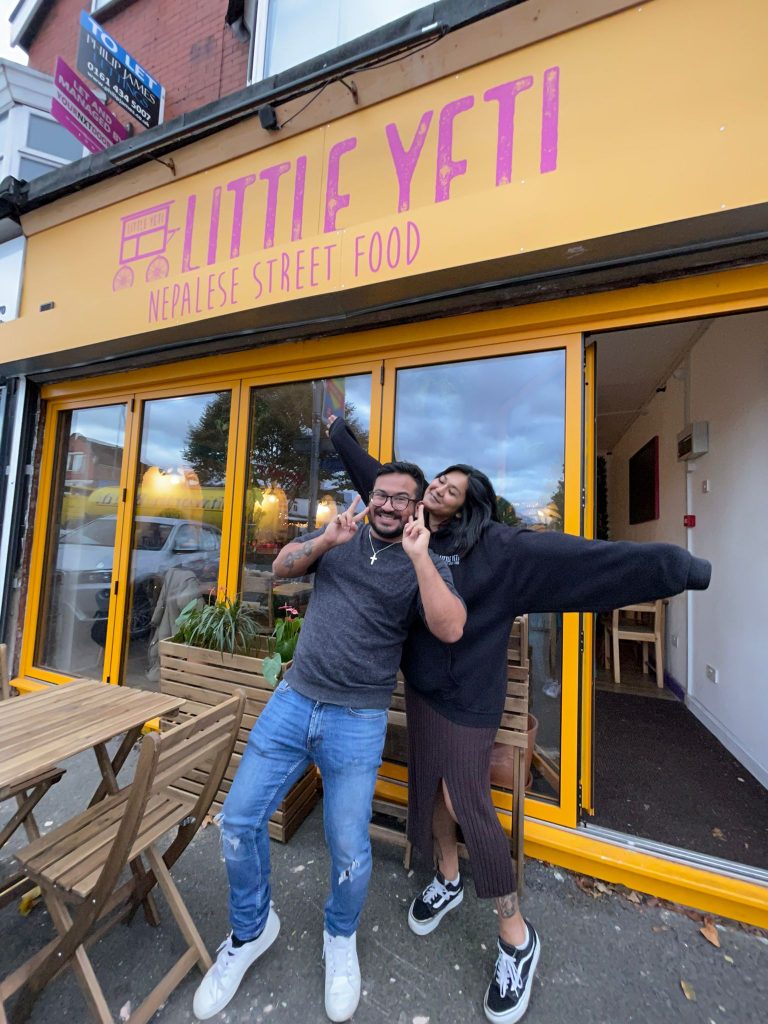“I was working 60-70 hours a week, taking a hell of a lot of drugs, not eating a lot and I did that process for 10 years of my life. I suppose to some people I seemed successful because I was always in a new city, in a new venue. I wasn’t though, I was running away. I was hoping that if I changed to a new environment, to a new city, that my reality would change. But it didn’t, because I had these destructive habits that I would take with me.
– Paddy Howley, So Let’s Talk
To the overwhelming majority of hospitality workers, the above quote will, unfortunately, feel all too familiar, whether it applies directly to them or one (or several) of their friends and colleagues. As passionately as many champion the industry, there is also the growing recognition that an overhaul in its approach to mental health and wellness is drastically needed.
Publicly, Covid has pummelled restaurants, bars and pubs in a manner akin to Ivan Drago slaughtering Apollo Creed in the opening round of Rocky IV. The takings that have been lost coupled with the lack of monetary support from government an obvious, non-stop battering played out before a nation’s very eyes in the news and on social media. Yet behind the scenes, the emotional drain has been exacerbated beyond breaking point, with already very fragile workers leaving the industry in droves, unable to withstand another series of body blows in a sector that, even during the golden periods, demands an ungodly amount from those who serve within it.
Paddy Howley spent 16 years in hospitality, from glass collecting in a working men’s club in his hometown of Burnley to successfully managing and consulting for a number of venues across the country. His expertise was constantly in high demand and he earned well because of it. Yet his earnings brought him no stability or security. Quite the opposite, in fact. Instead Paddy bounced between rented accommodations while using his pay packets to finance the purchase of the substances that fuelled every single one of his 12-16 hour shifts. Unsurprisingly, it was not a lifestyle built for longevity.
Tucked into a booth at the rear of Albert Schloss’ sprawling, Bavarian influenced beer hall, Paddy is accompanied by documents on his screen and on the table in front of him. He sips a ruby red mocktail and, though his current workload is clearly still mountainous, it is one that evidently provides him with a great deal more contentment than his decade-and-a-half in the trade. This is because his work now is helping those within the industry, the people he once worked with. The people he once was.
Just over two years ago, Paddy founded So Let’s Talk, an organisation ‘on a mission to 86 the silence’ because, while giant strides are being made to shine a light on mental health issues within society and cease the stigma surrounding them, the same advances have not been replicated within hospitality, where heads are resolutely kept down, wary of upsetting the combustible head chef or exhaustively figuring out ways to keep the creditors from the door. It is a work-life imbalance Paddy knows all too well.
“I was given the opportunity to be a general manager when I was 20,21,” Paddy recalls, shooting an almost painful smile across his face as he delves back to the formative days of what would become a decade long cycle of almost catastrophic excess. “It was at Posh nightclub in Burnley and I had no real right to be in that position at that point in time. I was way too young. And with that job came some really destructive habits. My recreational drug use from a young age was through the roof. I had a really unhealthy relationship with alcohol.
“The most destructive thing was, if I wasn’t in work serving drinks, I was outside of work spending more money than I had on drink and drugs with people who do the same thing for a living. I used to see the industry as a lifestyle, not a job. I used to introduce myself as my title, so I’d be like ‘I’m Paddy the GM of…’ and I had zero disconnect from my job with my real life.“
After almost 10 years of drinking, smoking and snorting his way across a variety of North West establishments, Paddy found himself back home in Burnley, physically and emotionally at odds with the apparent success he was supposed to be luxuriating in.
“Towards the back end of 2019 is how the catalyst of So Let’s Talk came about. I got the opportunity to work at a pop-up bar in Manchester over the Christmas period. They asked me to come in as a consultant, write a cocktail menu, train the team, take as much money as I physically could. Then they go ‘right, here’s five AFD’s (All Fucking Day) back-to-back’, so that’s five 16 hour shifts back-to-back. But instead of going home after those, I’d go out, stick loads of drugs up my nose, drink far too much alcohol and turn up to my shift like nothing had happened. That was normal for me. Nobody recognised that I wasn’t compos mentis. Not one person noticed that I was in a real dark stage at that point in time. After those five days I went home to my mum’s spare room, I was in between rented accommodation and, for the first time in my life, I had suicidal ideations.
“I checked my salary for the year. I worked out I’d spent 65% of my salary on drugs and alcohol. I’d flirted with the idea of leaving the trade before but always come back and this time I was like ‘shit, I need to leave’. So I left. I went to an AA meeting, worked out it was an unhealthy relationship to alcohol and drugs and not an addiction and I went sober.“
That Paddy’s lifestyle is one that has become cliché for the industry is a damning indictment of the entire sector. The ‘burning the candle at both ends’ mentality has been treated as the norm within the restaurant business for far too long. Coupled with zero hour contracts and decision makers who care only about bottom lines rather than the people who’s graft contributes to the numbers atop those lines, it’s no wonder why half of hospitality workers suffer from some form of mental health issue (the statistic was one in three at the beginning of the pandemic, according to numbers Paddy himself provides me with).
The lack of help that was available lit a fire within Paddy that led to the foundation of SLT.
“The conversation around mental health didn’t exist. Until around a year or 18 months ago did I start talking to businesses who had a budget for health and wellbeing. It was never a fucking thing before. Also now we’ve got a whole new generation of hospitality professionals who are asking questions during the interview process, about work-life balance, what the benefit structure looks like, is there inclusivity and diversity within the business? None of this existed until very recently.
“I got paid in a brown envelope every week and spent it all on drugs and alcohol. So the change has been huge but for me what is blatantly obvious is there was a lack of education or care. We would wear badges of honour for our destructive habits. A lot of it was celebrated. It’s not cool and it’s not sustainable to be competing over how many hours a week you’ve worked. If you drunk a bottle of tequila and still turned up for your open, you were a trooper. Even the language, ‘you’re a trooper’, is used so heavily within the industry. You’re not going to fucking war, you’re serving food and drinks.“
– Paddy Howley
But even with the conversation around mental wellbeing becoming more prominent between the workforce and their bosses, a hair raising February exposé published by The Mill, about the alleged behaviour of Mana’s Michelin Star adorned leader Simon Martin laid bare a workplace culture so inhumanely toxic (liquid nitrogen laced assaults and live animal beheadings were just a couple of the disturbing allegations to emerge from the account) that the systemic barbarism of the professional kitchen that has been allowed to flourish for generations was finally discussed in the open to such a serious extent that it felt impossible to ignore any longer.
In a world where customers are more inclined to avoid establishments where bullying and harassment cultures are fostered and staff are mistreated with regards to pay, perks and hours, the disconnect between owners/investors and those on the ground is in dire need of recalibration. Not to mention how the past 24 months has seen staff leave the industry in droves, with little desire to return once restrictions were lifted and businesses reopened. It is a dilemma Paddy is keen to rectify.
“We have much more conscious consumerism nowadays. People will read that article about Mana and not go and eat there. I wouldn’t.
“The long term goal for So Let’s Talk is to create a health and wellbeing rating for the industry, like the food hygiene rating. It’s one of the biggest things that we’re looking at creating. The reason being is that recruitment is such a challenge in the industry at the moment. It’s not because no one wants to work in hospitality, it’s because they don’t want to work in the hospitality industry that we’ve created. They don’t want the archaic styles of the past.
– Paddy Howley
“People during lockdown had a chance to connect with themselves again and they were saying ‘I’ve not read a book in seven years’ or ‘I’ve not had a home cooked meal in three months’ because of working in the industry. So they’ve thought about how they can earn the same money but have the free time and they’ve gone ‘well I’ll go work in a different industry’
“Deloitte came out with a study that revealed that for every £1 you invest in health and wellbeing you receive on average £5 on your bottom line. It’s so obvious. But then you look at staff turnover and it’s 100% plus in so many venues. How is that a viable business model nowadays?“
Of course, with more progressive and open minded individuals owning and operating start ups and independent venues across the city there are plenty of places where the wellness of workers is a priority rather than a bonus. Living wage offerings are, thankfully, becoming more commonplace when job vacancies are shared. There are owners who actively take an interest in the people they employ to represent and better their businesses. But as Paddy tells me, generational gaps still exist and are still far too intrinsically embossed into the fabric of the trade.
“It’s wild to me that it’s 2022 and we’re still having the same conversation about whether happy and healthy people are more profitable.
– Paddy Howley
“It’s challenging at times because generations blame each other and a lot of the business owners and board members in hospitality are white, male boomers and if they’re making decisions about a business that is full of Gen Z’s and Gen Y’s it’s dangerous, because the boomers are saying the Gen Z’s and Y’s are entitled snowflakes who have never done a hard day’s work in their life and then the other way is the young workers, who are making the money and working at a grassroots level are calling the owners bigots who have ruined the environment and the economy.
“So when you have a blame culture like that, no conversation happens and when a decision is made, it’s the people at the top deciding what they think their team needs. Some businesses go a step further and initiate the conversation but then only listen to reply not to understand.
“Are you giving your teams what they need or what you think they need?
– Paddy Howley
“One of the questions we ask bosses now is ‘what’s your email culture like? Do you receive and reply to emails at 3am? If you do, what does that say to your team? That they always have to be on 24/7? Is it not better for you and your team to create boundaries around your time so they don’t look at you and think that’s what they have to do to get to that position.“
As attempts are made to bring about an understanding between generations there will, of course, be resistance from some, unwilling to believe that the problems that have plagued the past are actually of any genuine significance. The macho culture of kitchens and bars, where aggressively charged attitudes and military level discipline tag teams with debilitating substance abuse and alcohol addiction, is a needless charade that has been far too damaging for far too long. Talented chefs, bakers, bartenders and waiting staff have seen anxieties and depression accelerated towards headfirst crashes from which some, tragically, never recover.
The hospitality industry thrives on hard work, of course. And even in the most serene of destinations, there are going to be shifts that leave staff stressed, cursing those ignorant guests or perhaps a colleague who’s ideas have clashed with their own. Nowhere can be a utopia 100 percent of the time. Yet conflict resolution and peace making processes can be positioned in the foreground more, rather than a last resort, as has so often been the case in the past, if they’ve even been utilised at all.
The cyclical nature of the volatile head chef ideology must, once and for all, be 86’d. Making your staff genuinely fearful for every shift renders any gastronomic ingenuity you may produce meaningless. What good is a scared shitless workforce? As an owner or investor, should you not be looking beyond the bottom line and the sparkling reviews and maybe understand what could be improved at a human level rather than a business one? Because at some point, that crash is coming. In some cases, maybe it isn’t for a few years, maybe that mind boggling level of staff turnover keeps the wheels spinning just enough to ensure it is easy to ignore just why it is that no fucker wishes to remain in your employ for much longer than a few months. But in the modern day, with so many establishments crumbling and so many more heartbroken ex-chefs wanting their horror stories to be heard, the crash is as habitual as the behaviour as those who have caused it.
“We now work with senior management teams within businesses” Paddy reveals, digging into the SLT work that has been so well received by almost 12,000 hospitality staff over the last two years. “We have conversations with them about what it takes to be a healthy business and what areas they might be lacking in, whether it be their team’s health or the environmental health of a business or anything like that. We educate and then with that education we have a session where we sit down with the decision makers in a company and tear apart their operations and put them back together in a healthy way, then the change is created from there.
“I remember after I put the post on the Manchester Bars page, we had a meeting at Speak In Code where I just said ‘what are we gonna do? How are we going to change things?’ And it all came back to education. And that made me shiver, because I thought, if I’m a hungover, overworked, undernourished, underpaid, undervalued hospitality worker, I’m not gonna want to sit and listen to some ‘expert’ who’s never fucking worked in the industry talk to me about health and wellbeing. I’d just tell him to do one.
“What we did is, we said right, if we’re gonna do this, we’re gonna do it properly and we’re gonna work with experts in their fields, but then we’re gonna take that information and we’ll evolve it to make it make sense to the industry, then our team is going to deliver it from a position of experience. So from an idea in my mum’s spare room, we’re now at a point where we’re helping thousands of people within hospitality.“
Given the client list that SLT have now amassed (Common and their various associated venues, Mowgli, Soho House, The Alchemist and BrewDog are among those who have enlisted their services already) thanks to their education, events and sessions tailored around everything from weekly classes and workshops focused on financial and nutritional wellbeing to regular yoga sessions and live workouts, it would appear Paddy and his team have gone and done things properly as they initially set out to two years ago.
As Manchester moves into a post-covid period of further regeneration, with an increasing number of major establishments looking to make the city their home in the North, the number of new jobs created off the back of these openings will also mean more potential for cut throat atmospheres, with tens of millions of pounds being poured into new venues outside of London comfort zones and a soaring demand for instant success. Such investment in the city could, and hopefully should keep Paddy and his team busy for the foreseeable.
To find out more about So Let’s Talk and the incredible work and campaigns they’ve produced over the last two years, visit their website

